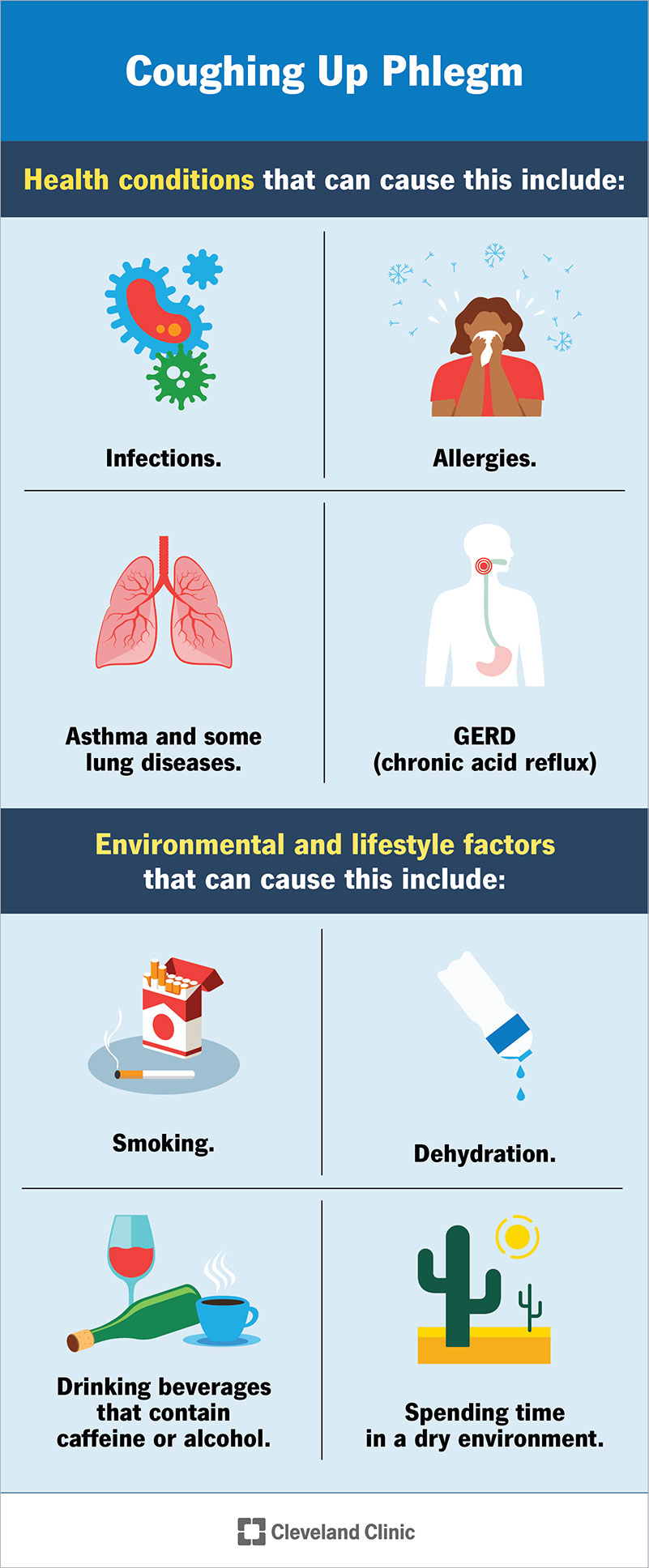Best Info About How To Stop Coughing Up Phlegm

Yellow or green phlegm.
How to stop coughing up phlegm. Moisturizing the air around you can help keep mucus thin. If you cough up blood. You may have heard that steam can clear phlegm and congestion, but there isn’t a lot of scientific support for.
When you’re sick or your lungs have become irritated, your body reacts by coughing. This can help flush out any excess phlegm that’s built up in your respiratory system. Moisture in the air can help keep your mucus thin.
Humidify the air: How to clear phlegm. Some medications and natural remedies, such as drinking tea with honey, may help.
Sipping on water, juice or even chicken soup can help make mucus looser and keep it moving. Throat lozenges or cough drops may relieve coughs temporarily. Check if you have catarrh.
Bronchitis is an inflammation of the lining of your bronchial tubes, which carry air to and from your lungs. Causes, treatments, and other types of mucus. Common causes of red phlegm include:
When you have a cough, you may also be using pain medication, antifungal medications, antibiotics, or other doctor recommended treatments for infections. A cough is a reflex action to clear your airways of mucus and irritants such as dust or smoke. Find out the color of phlegm and when to see a healthcare provider if you have symptoms of infection or other conditions.
Drink lots of fluids. Those containing menthol may be particularly effective as menthol acts as a mild anesthetic. It’s rarely a sign of anything serious.
Excess phlegm can build up in the throat and chest for a number of reasons, leading to bothersome symptoms, such as a sore throat,. Always follow any instructions given to you by your doctor first. Most coughs clear up within 3 weeks and don’t require any treatment.
Learn about the possible causes of productive cough, such as viral infections, allergies, lung disease, and heart failure, and how to treat them with medications and home remedies. Follow these natural remedies for one to two weeks. (symptoms include pink, frothy phlegm, chest pain, sweating and shortness of breath.) 4.
When to see a doctor. You may get catarrh if you have an infection like a cold, flu or sinusitis. This is your body’s defense.









:max_bytes(150000):strip_icc()/productive-cough-770574_final-3a76595e54a04f10a0f71c17bc525d30.jpg)








